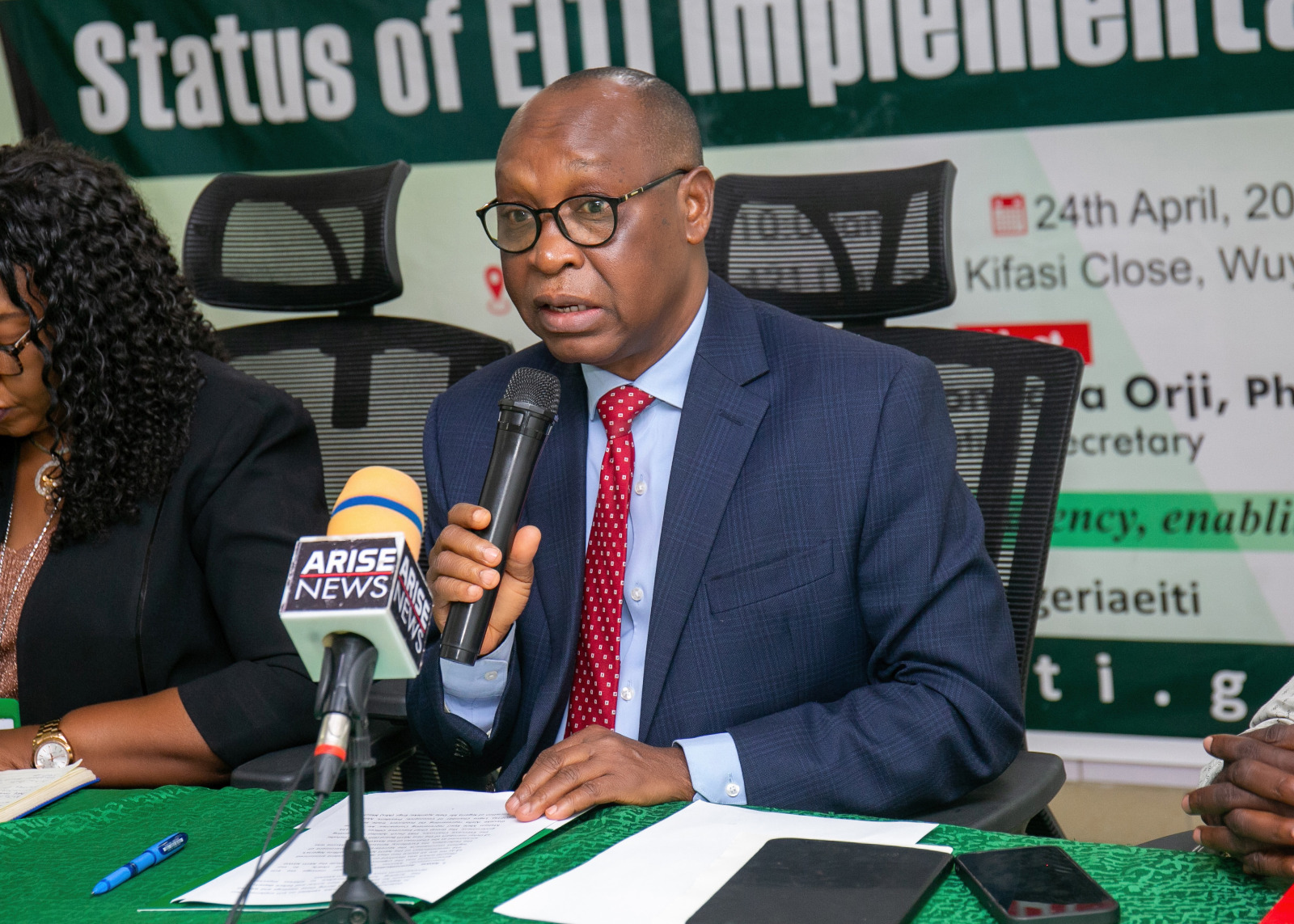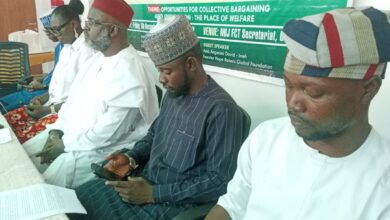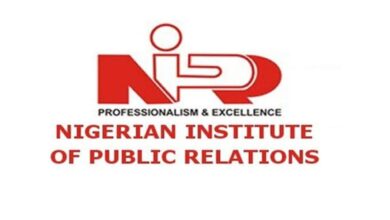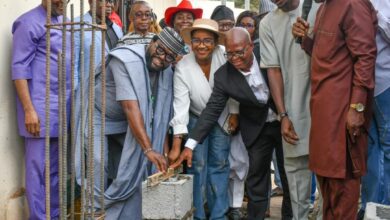Role Of CSOs Critical To Promoting Transparency In Extractive Sectors -Dr. Orji
By Sunday Etuka, Abuja

The Executive Secretary of the Nigeria Extractive Industries Transparency Initiative (NEITI), Dr. Orji Ogbonnaya Orji, has underscored the vital role of Civil Society Organizations (CSOs) in promoting transparency, accountability, and good governance in Nigeria’s extractive sectors.
Dr. Orji stated this recently at the Civil Society Roundtable on the Extractive Industries Transparency Initiative (EITI) Framework.
He outlined NEITI’s mission within the global EITI standards and the NEITI Act of 2007, stressing that the effective engagement of civil society is essential to ensure that Nigeria’s natural resource wealth is managed to benefit all citizens.
“The success of NEITI’s mandate is strongly tied to civil society’s role in translating our work into public demand for reform,” Dr. Orji said. “CSOs are the essential bridge between the data NEITI provides and the action needed to secure a transparent and accountable extractive sector.”
The Roundtable, designed to strengthen CSOs’ capacity, emphasized the importance of civil society’s understanding of NEITI’s 2023 Oil and Gas Industry Reports.
This understanding, according to him, is crucial for CSOs to: ”Public Awareness and Dissemination: CSOs simplify complex NEITI reports, making vital information accessible to communities, thus fostering grassroots advocacy for transparency and accountability.
”Advocacy for Policy Reform: By fully understanding the insights in the 2023 reports, CSOs can identify critical governance, revenue, and environmental issues, pushing for policy changes that align with public welfare.
”Strengthening Engagement on Key Issues: Armed with the latest data, CSOs can engage stakeholders more effectively on issues like crude oil theft, which saw a reduction in 2023, and advocate for stronger revenue collection mechanisms, given the outstanding collectible revenues exceeding $6 billion.
”Promoting Multi-Stakeholder Dialogue: CSOs play a crucial role in bringing government, private sector, and community voices to the table, ensuring that environmental and social issues are prioritized in policy discussions.”
Dr. Orji encouraged CSOs to focus on the significant findings from the 2022/2023 Oil and Gas Industry Reports, including the ongoing deregulation of the downstream sector, the environmental impact of industry activities, and Nigeria’s transition toward renewable energy. “Civil society’s understanding of the 2023 report empowers them to drive targeted advocacy, making NEITI’s work actionable for the public benefit,” Dr. Orji emphasized.
In his remarks, Ambassador Mathew Adoli, speaking on behalf of the National Stakeholders Working Group, reaffirmed the commitment of the multi-stakeholder group to guide NEITI’s implementation through strategic policy development and oversight.
Dr. Erisa Danladi Sarki, Civil Society Representative on the NEITI Board, explained that the Civil Society Roundtable and training were convened to equip CSOs with an understanding of the 2023 EITI standards, unite civil society, and foster new strategies to enhance advocacy and engagement. Dr. Erisa welcomed the close partnership and collaboration among stakeholders and called for stronger cooperation moving forward.
With over 100 civil society organizations from across Nigeria attending, Dr. Orji highlighted NEITI’s commitment to empowering CSOs and announced the near-completion of the NEITI Data Center, a centralized resource that will enhance public access to extractive industry data and NEITI’s adherence to the EITI Open Data Protocol.
As the event concluded, Dr. Orji emphasized, “With the roadmap provided by NEITI’s 2022/2023 reports, we stand at a critical juncture. Let us seize this opportunity to empower CSOs to turn data into advocacy and drive meaningful change for Nigeria’s future.”






